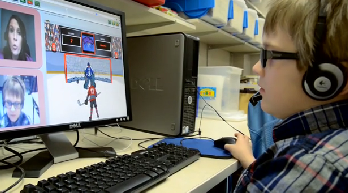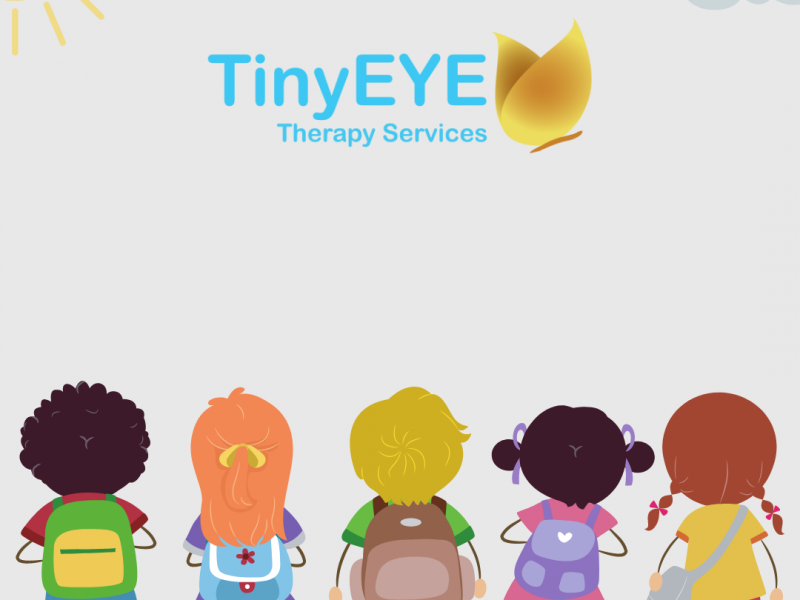Guest Post: Carol K, M.A./CCC-SLP/L
Allow me to let you in on a secret, from one Speech-Language Pathologist to another. I’ve often thought that being an SLP can be difficult, because you can’t pull the words out of a person’s mouth. Speech therapists cannot force sounds, words, or phrases from a student. Our job is to help someone do something that they find challenging or impossible. When a skill is particularly challenging, students may not want to even attempt it, for fear of failure or a sense of hopelessness. In addition, they are missing class time, lectures, or recess. Sometimes they miss their favorite subject. Sometimes they attend sessions after school and miss out on playtime, their favorite cartoon, or time with their family and friends after a long day at school. To a student, attending speech sessions can be frustrating and have little point.
As Speech-Language Pathologists, it is our job to make this experience as pain free as possible. We need to ask ourselves how to make speech therapy fun and relatable, and keep students engaged.
In my experience, the best way to do this is through a personal connection with the student. My motto as a therapist is “person before product.” I have found that students, just like adults, like to be known. They want to feel that they are special. They want to talk about themselves. They want to know that I care.
With that in mind, I steer conversation in ways that allow me to find out things like what they love, what their favorite subject is, what they do at recess, what they like to eat, and what they don’t like to eat. When we talk about these things, the student sees that I am trying to get to know them. They understand that I am on their side, and that I am invested in their success. I also keep track of what each student tells me, to help me select activities for sessions that I know that the student will love. Often while talking about their favorite topics and working on activities that they can relate to, students will completely forget that they are in therapy!

I have seen more than one student come into a session with a sad, scared, or bored look on their face, but then brighten up when I bring up subjects that are not about the work we have to do in the session. I can see the child relax, their face brighten, a smile and twinkle in their eye. These moments are usually when I get the most communication from them—spontaneous communication, which is important for assessing how they are doing with the skills that are being taught.
The power of engagement through familiar and current topics is especially true in group therapy. Even with the best plans and activities some students become lost by the time it is their turn again. It helps to get them engaged again by asking them a question about themselves, or to have them talk about their day.
Speech therapy can be difficult for students, especially when they aren’t excited or interested in learning. But these students are the ones that truly make it worth it. As you see the smile creeping onto their faces and the twinkle appearing in their eye, you know that you are making a difference in their lives. After all, isn’t that why we all became Speech-Language Pathologists in the first place?



